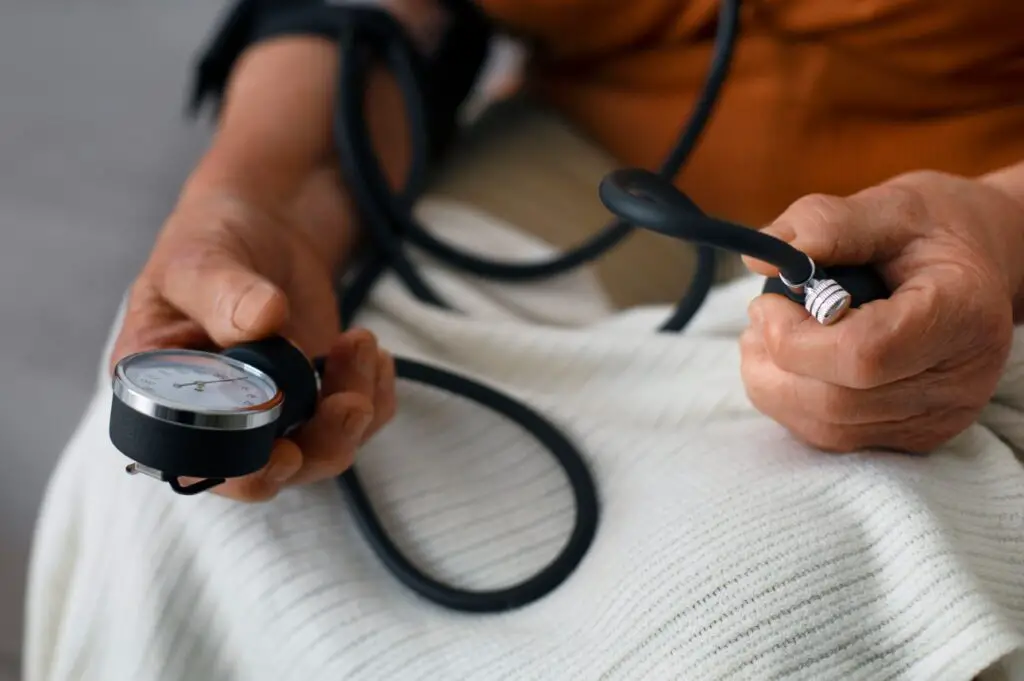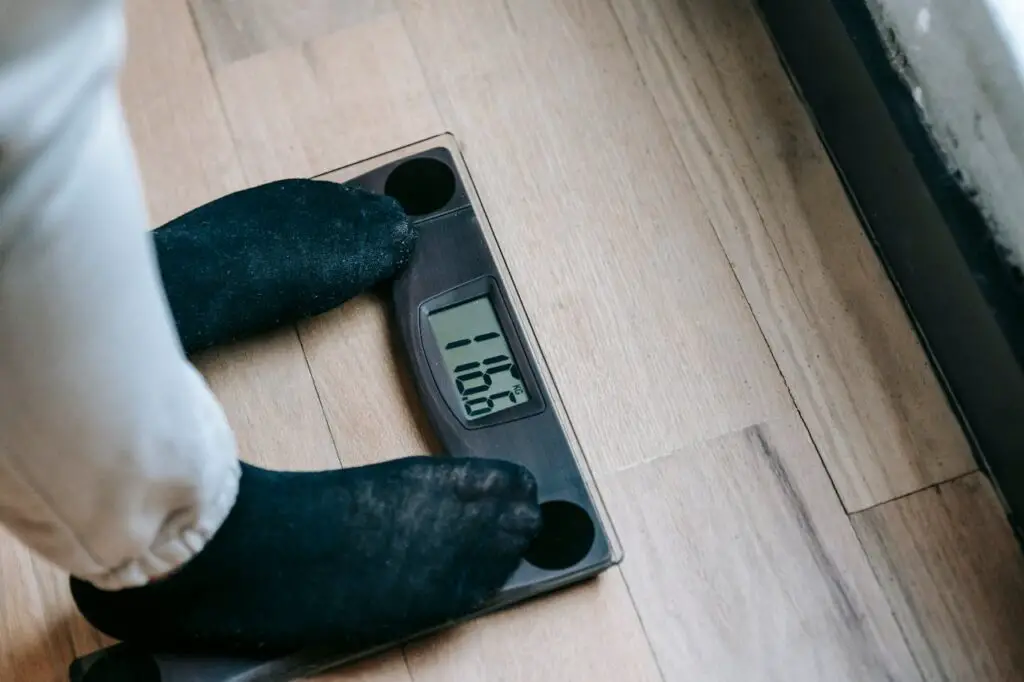16 High-Fiber Foods to Keep Your Diet Balanced and Your Gut Happy

In today’s fast-paced world, it’s easy to neglect our gut health, but fiber is the unsung hero we all need. A high-fiber diet is not just a buzzword – it’s an essential component for keeping our digestive systems happy and healthy. Fiber helps with everything from regulating blood sugar levels to lowering cholesterol and, most importantly, promoting regular digestion. If you’re looking to make small but impactful changes in your diet that will benefit your gut and overall well-being, start with these 16 high-fiber foods. These are simple, tasty, and can easily be incorporated into your daily meals!
1. Chia Seeds

These tiny seeds might be small, but they pack a huge fiber punch. Chia seeds offer a solid 10 grams of fiber in just two tablespoons! Not only are they a great source of fiber, but they also bring healthy fats and antioxidants to the table. You can toss them into smoothies, sprinkle them over oatmeal, or create delicious chia puddings. So, if you’re looking to boost your fiber intake without adding too much effort to your routine, chia seeds are a quick and easy addition.
2. Lentils

Lentils are a fantastic option for anyone looking to add fiber while also getting in some extra protein. A cooked cup of lentils provides about 15.6 grams of fiber, making them an amazing way to support gut health. Plus, they’re super versatile – toss them in soups, stews, salads, or even veggie burgers! They’re not just fiber-packed; they’re also budget-friendly, making them perfect for anyone looking to eat well without breaking the bank.
3. Avocados

We all love a good avocado toast, but did you know that one medium avocado contains around 10 grams of fiber? These creamy fruits are not only delicious but are also a perfect source of soluble fiber, which can help regulate blood sugar levels. You can enjoy them in so many ways, from simple guacamole to topping salads or blending them into smoothies for extra creaminess. Plus, avocados are packed with healthy fats that keep you feeling full and satisfied.
4. Sweet Potatoes

Sweet potatoes are a fiber-rich favorite, offering around 4 grams of fiber per medium-sized potato. But they’re not just a fiber boost – they’re also rich in vitamins and antioxidants. These tasty tubers are perfect for roasting, mashing, or even turning into fries. Their fiber content can help support a healthy digestive system and keep you feeling fuller for longer. Whether you’re meal prepping or making a quick side dish, sweet potatoes should be your go-to.
5. Black Beans

Black beans aren’t just great for taco night – they’re also packed with fiber. With 15 grams of fiber per cooked cup, black beans help regulate digestion and support a healthy gut. They’re a fantastic source of plant-based protein, which makes them perfect for anyone looking to reduce meat consumption. Add them to soups, salads, or even blend them into dips like black bean hummus. Black beans are a fiber-rich, versatile food that will quickly become a staple in your kitchen.
6. Brussels Sprouts

Brussels sprouts may have earned a bad reputation as kids, but these little vegetables are nutrient-packed and full of fiber. Half a cup of cooked Brussels sprouts offers about 4 grams of fiber. They’re also loaded with vitamin C and antioxidants that can boost your immune system. Whether roasted, steamed, or tossed in a salad, Brussels sprouts are a great fiber-rich side dish to include in your meals. They can even be the star of your plate!
7. Oats

Oats are a breakfast classic, and for good reason. A cup of cooked oatmeal provides about 4 grams of fiber. They’re especially high in soluble fiber, which has been shown to help lower cholesterol levels and keep your digestive system running smoothly. The best part? Oats are incredibly versatile – enjoy them as oatmeal, add them to smoothies, or bake them into healthy muffins. This simple food can easily be incorporated into your daily routine.
8. Raspberries

Raspberries are a sweet and delicious way to up your fiber intake. With 8 grams of fiber per cup, these berries are perfect for a quick snack or an addition to your breakfast. Not only are raspberries high in fiber, but they’re also loaded with antioxidants that support your overall health. You can throw them into smoothies, top your yogurt with them, or just enjoy them fresh. They’re a refreshing and fiber-rich treat!
9. Broccoli

If you’re looking for a vegetable that’s both high in fiber and packed with nutrients, broccoli should be at the top of your list. A cup of cooked broccoli provides 5 grams of fiber, and it’s also an excellent source of vitamins and antioxidants. The fiber in broccoli helps support digestion and prevent constipation. Plus, it’s so versatile – you can steam it, roast it, or add it to soups and stir-fries. Broccoli is the perfect addition to a well-balanced meal.
10. Almonds

Almonds are a snack favorite, and they’re packed with fiber too. A ¼-cup serving of almonds contains around 4 grams of fiber. They’re also a great source of healthy fats, vitamin E, and magnesium. The fiber in almonds helps with digestion and keeps you feeling satisfied throughout the day. You can snack on them, add them to salads, or blend them into smoothies. Almonds are a crunchy, fiber-packed snack that’s always easy to have on hand.
11. Carrots

Carrots aren’t just for dipping in hummus – they’re also a great source of fiber. One cup of raw carrots provides around 4 grams of fiber. The fiber in carrots helps keep things moving in your digestive system, and their high vitamin A content supports healthy vision. Whether you enjoy them raw, roasted, or blended into soups, carrots are an easy way to add fiber and nutrients to your diet.
12. Peas

Peas may be small, but they’re mighty when it comes to fiber. One cooked cup of peas provides about 8 grams of fiber. They also offer a good amount of plant-based protein, making them an excellent addition to vegetarian meals. You can add peas to soups, stews, casseroles, or even enjoy them as a side dish. Their fiber content helps support digestion and gut health, and they’re easy to prepare in bulk for meal prepping.
13. Chickpeas

Chickpeas are a fiber-rich legume that can be used in a variety of dishes. With 12 grams of fiber per cooked cup, chickpeas are an excellent choice for improving digestion. They’re high in both soluble and insoluble fiber, which makes them effective at supporting gut health and regulating blood sugar. Use them in salads, make hummus, or roast them for a crunchy snack. Chickpeas are a versatile, fiber-packed food that should be a regular part of your diet.
14. Pears

Pears are not only sweet and juicy but also an excellent source of fiber, providing around 5-6 grams of fiber per medium pear. The soluble fiber in pears helps regulate digestion and cholesterol levels. They’re also packed with antioxidants that support overall health. Enjoy pears as a refreshing snack, toss them in salads, or bake them into desserts. This fiber-rich fruit is a delicious way to keep your digestive system in check.
15. Popcorn

Popcorn isn’t just a fun movie snack – it’s also a great source of fiber. A 3-cup serving of air-popped popcorn contains around 3-4 grams of fiber. Plus, it’s low in calories, making it a healthy snack option for weight management. Popcorn is a whole grain, so it provides fiber that helps keep your digestive system moving smoothly. For the healthiest option, air-pop your popcorn and skip the excess butter and salt.
16. Apples

Apples are one of the most popular fruits, and for good reason. With 4 grams of fiber per medium apple, they’re a simple and easy way to boost your fiber intake. Apples are rich in soluble fiber, particularly pectin, which helps with digestion and heart health. They also contain a variety of vitamins and antioxidants. Enjoy apples as a snack, toss them into salads, or bake them into healthy desserts.
Final Thoughts

Getting enough fiber doesn’t have to be a challenge. With these 16 high-fiber foods, you can easily add variety and flavor to your meals while promoting better digestion and overall health. Whether you’re snacking on almonds or enjoying a hearty lentil stew, these foods will keep your gut happy and your body nourished. So, start incorporating these fiber-packed foods into your daily routine and enjoy the many health benefits they offer!























































































































